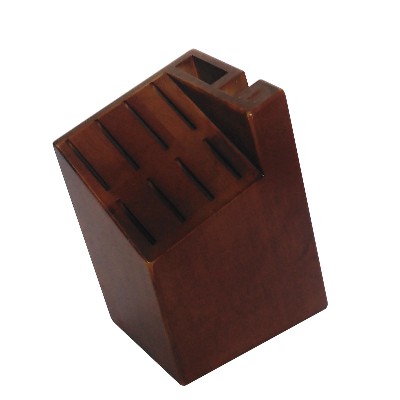What are the common types of antiseptic wood
1. Nordic red pine. High quality European red
Pine, after special antiseptic treatment, has the effects of anti-rot, anti-termite and anti-fungal. It is specially used in the outdoor environment and can be directly used in the environment in contact with water and soil. It is the preferred material for wooden floors, fences, bridges, plank roads and other wooden pieces in outdoor garden landscapes.
2, Russian sylvestris pine.
Russian sylvestris pine can be directly treated with high pressure infiltration for full-section anti-corrosion treatment. Its excellent mechanical performance and beautiful texture are highly recommended by designers and engineers. The Russian sylvestris pine anti-corrosion material has a wide range of applications, such as wooden planks, pavilions and platforms, pavilions, pavilions, waterside corridors, flower stand fences, footpaths, piers, children's play areas, flower beds, garbage cans, outdoor furniture, outdoor environments, and hydrophilic environments. It can be used for projects such as indoor and outdoor structures. Due to its unique anti-corrosion process, all architectural works can be preserved for a long time.

3. Western Red Cedar. Western Red Cedar is the highest grade preserved wood in North America. Its excellent anti-corrosion ability comes from an alcohol called Thujaplicins that grows naturally; in addition, an acid called Thujic that can be extracted from red cedar ensures that the wood is not eroded by insects and does not need to be artificially Corrosion and pressure treatment. Red cedar has excellent stability, long service life, and is not easy to deform. In addition, it is also suitable for environments with high humidity, such as saunas, bathrooms and kitchens, for making cabinets, wardrobes, etc. to prevent cockroaches and moths. Red cedar is very popular in the global market due to its untreated and pure natural properties. Even if it is used in a particularly dry or humid environment, its service life can reach 30 to 50 years, and it is a high-quality natural preservative wood. Red cedar is also one of the lightest commercially available softwoods, and is superior for its sound and thermal insulation properties, as well as its ease of transportation and installation.
-
09-08
Southern pine builds new outdoor wood structure
With the concept of green building put forward, people begin to pay attention to the environmental performance of buildings. The material selection is also closer to nature. Wood structures are becomi
-
09-08
Carbonized wood gusset is the first choice for classical decoration
There are a lot of interior decoration materials, and the decoration methods of the wall are also constantly enriched and innovated. All kinds of new internal and external wall panel products are a
-
09-08
What are the common types of antiseptic wood
1. Nordic red pine. High quality European redPine, after special antiseptic treatment, has the effects of anti-rot, anti-termite and anti-fungal. It is specially used in the outdoor environment and can be directly used in the environment in contact with water and soil. It is the preferred material for wooden floors, fences, bridges, plank roads and other wooden pieces in outdoor garden landscapes.2, Russian sylvestris pine.
-
09-08
How to maintain outdoor antiseptic wood
Outdoor wood shall be dried in the shade to the same humidity as the external environment before construction. Large deformation and cracking will occur after construction and installation with wood w